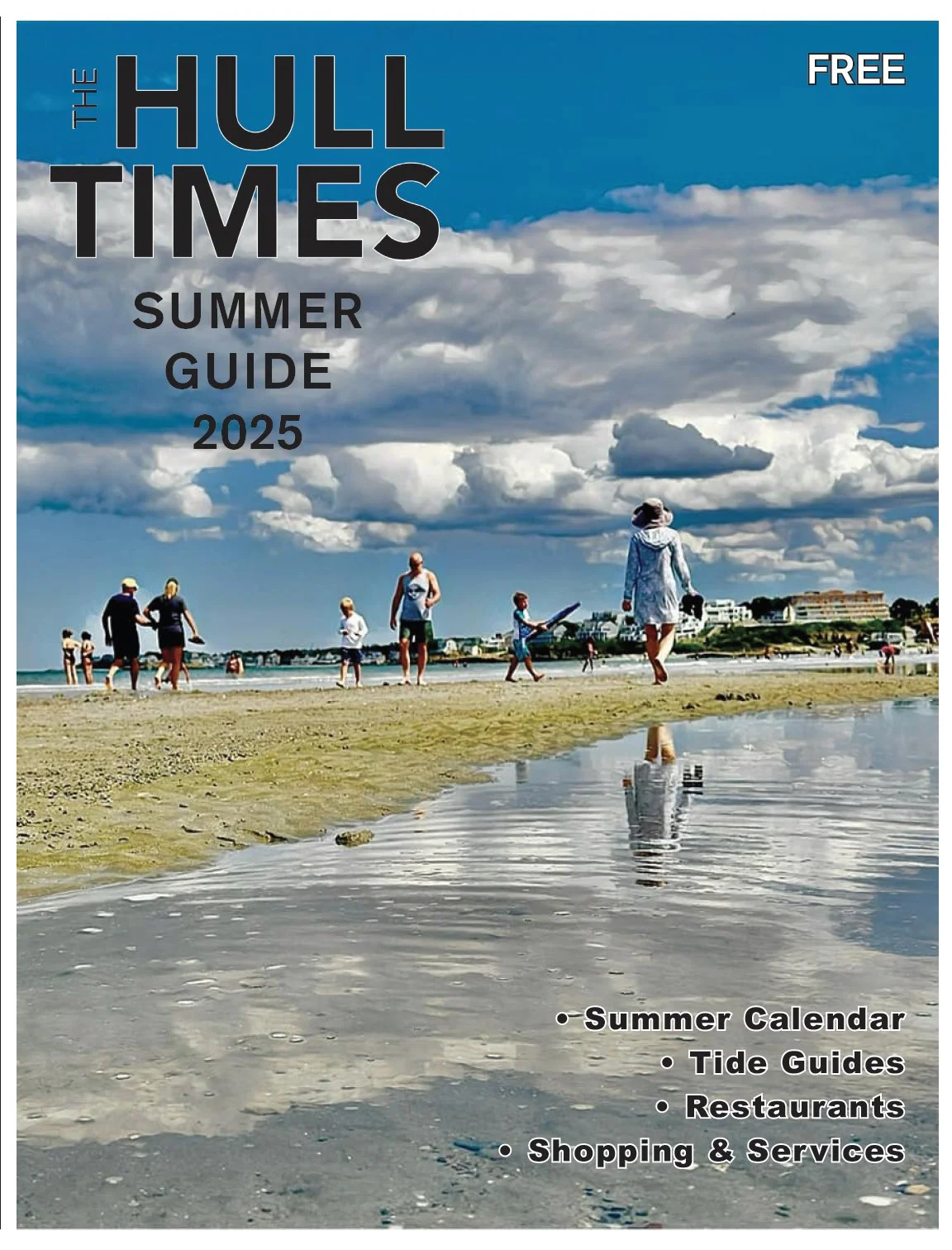After reporting to the select board last week that the citizens’ petition article approved at the recent annual town meeting calling for the removal of the town manager as the light plant manager is “not actionable,” Town Manager Jennifer Constable shared the same news with the light board. The petition was sponsored by light board member Jake Vaillancourt.
“As far as legal next steps, there are none,” she said. “The article is not actionable, because town meeting can’t direct the select board” to take that action, and the specific wording about filing the special legislation to make the management change was not in the final motion.
Constable met with counsels for the town and light plant and finance and light plant staff on June 11 to confirm the article is not actionable based on the town meeting vote, along with discussion about other matters – including PILOT payments.
In 1993, town meeting approved changing the governance of the light plant to the current structure, with the town manager also serving as light plant manager.
That structure change happened by special legislation supported by the select board, with town meeting authorizing the board to initiate it, but such a directive was not included in Article 37, so no action can be taken, according to Constable.
“So you’re saying the article wasn’t worded properly,” light board Chair Thomas Burns said.
Resident Hillary Taverna questioned the process, noting that those who voted for the change were under the assumption that it was actionable.
Vaillancourt, who sponsored Article 37, said that “this citizens’ petition opened up the process to file a home-rule petition, and the select board can choose to or not to. It’s in the hands of the select board.”
Constable acknowledged that the select board “could [decide] on their own to do [that], but town meeting cannot direct them to do so.”
Vaillancourt countered that the select board “does have the authority to act. The next lawful step is for the select board to initiate legislation.”
In response to a question from Taverna as to why a citizen’s petition would appear on a town meeting warrant if it was thought to be inactionable – which Constable said the town moderator explained was the case at town meeting – she told Taverna that “if a citizens’ petition is filed, it has to be on the town meeting agenda, even if it’s deemed inactionable.”
Select board member Jerry Taverna, speaking as a citizen, said, “So we wasted two hours of our lives. I would like to hear from the town and light board attorneys in some detail.”
Joint meeting planned
Vaillancourt called for a joint meeting of the select and light boards to talk about the issue. “In my view, there were missteps on both sides,” he said.
Constable said the two attorneys are planning to meet on their own to talk about the process and then discuss the issue further during a joint select board/light board meeting.
Following some back and forth, light board member Patrick Cannon suggested that the conversation end in order to move on to other agenda items.
“This discussion is not getting us anywhere,” he said.
In other business…
⦁ With regard to the PILOT payments, Constable and Vaillancourt and other light board members aren’t in agreement as to how much these payments have amounted to in the past and whether the fiscal 2023 light plant budget is in the red. The formula to arrive at a fair number is another issue for further discussion.
“If the budget is in the negative, there would not be a PILOT payment,” Constable said.
The PILOT payment “has been a topic at almost every light board meeting, and if I’m dealing with incorrect data, I need to get educated,” Burns said.
Constable said she expects Town Counsel Brian Winner to present an update to the select board sometime soon.
Resident Lisa French said she is “appalled” as a ratepayer that the light plant is making PILOT payments to the town.
“I think the light board should have a say about whether they want to” when it looks at the light plant budget at the end of the fiscal year to determine whether there is a surplus. “It should be up to the board to decide if they want to give the town any money, and it shouldn’t be a standard amount,” she said.
Vaillancourt also questioned the concept of earmarking the light plant’s PILOT payments for specific purposes, as these monies are considered general fund revenues that are subject to appropriation by town meeting as part of the budget process.
This issue will be discussed further.
⦁ During a discussion about the proposed new light plant/DPW building at the current DPW barn at West Corner, the issue of building a new facility in a flood-prone area was questioned.
“Why would you move the light plant building from a less flood-prone location to one that is more flood-prone?” Burns asked. “I was surprised to hear that the current light plant building would be abandoned to move to the current DPW site.”
Constable said that climate resiliency measures would be built into the new building.
“I understand there will be a revised drawing in July,” Burns said. “Will the light board have input?”
Constable said it’s a conceptual design. “Not that I wouldn’t ask the light board for feedback, but at the end of the day, what role does the board have related to town property?” she asked.
Burns responded, “We look at [the light plant budget], and this would be a major expense when we have other priorities to focus on, including upgrading the National Grid feeder line, which will cost tens of millions of dollars. A building of this nature could easily be in the $50 million range.”
Burns once again requested that the board have an opportunity to view the next conceptual drawings. “We need to know more details, and even if the proposal is in the preliminary stages, we should be made aware of it,” he said.
The project is conceptual, Constable said. “It’s an idea, and it’s not costing us money right now. There’s no guarantee it will happen.”
⦁ Hull Municipal Lighting Plant customers were asked to fill out a survey to gauge their interest in continued use of wintertime generators as a backup should a National Grid power outage occur. The results will be considered when the light board makes that decision for this year.
Temporary generators have been rented for the past several years following numerous National Grid outages. However, during the years they have been installed, they have only been needed for a total of three-and-a-half hours, at an annual cost of $114 to the average homeowner paying the $9.52-a-month fixed surcharge.
The light board is split on whether to bring the generators back again this winter.
“If we rent the generators again, it will cost about $75,000 more than last year,” Burns said, which was about $750,000.
“This would add another [roughly] $2 to the $9.52 monthly charge,” Burns explained.
The placement of rented back-up generators in trailers located at the Department of Conservation and Recreation lot near the traffic lights on George Washington Boulevard remains a year-by-year decision by the light board.
The board will vote on the possible use of generators for this winter at its July 17 meeting.
⦁ Burns asked whether there is any reason why the light plant building can’t be compliant with the Americans with Disabilities Act.
Constable said she will look into the issue.
“Every public building should be ADA-compliant,” she said.
One of the reasons Burns asked that question is that he would like to move the light board meetings from town hall to the light plant in the future.
“That space is not suitable for a public meeting,” said Constable, due in large part to the set-up, noting that the select board meeting room, where the light board meets when it’s available, allows Hull Community Television to film the meetings for live viewing and later replays.
“The light plant is part of the town, but it’s its own department,” Burns noted.
A replay of the meeting is on Hull Community Television’s website, www.hulltv.net.























